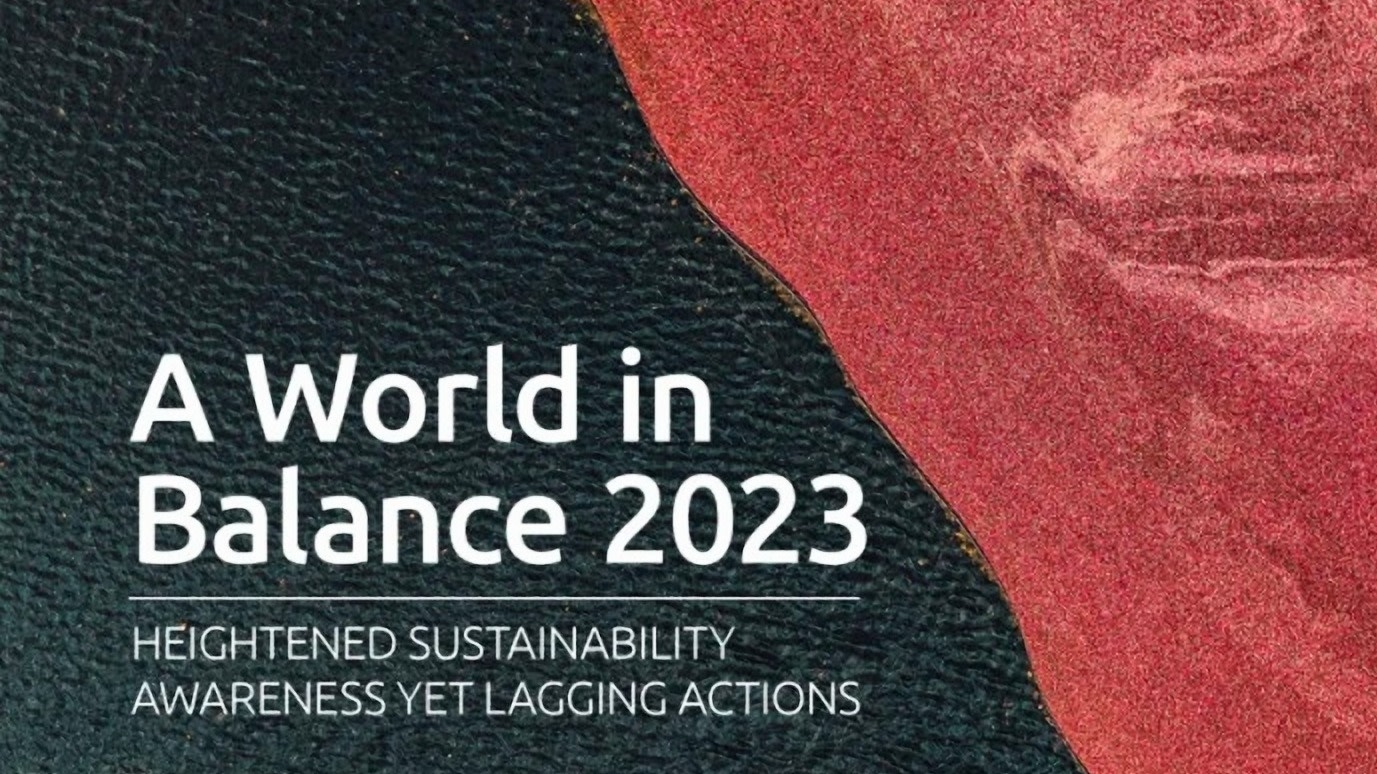Still, Many Business Leaders Reckon Environmental Sustainability as a Costly Obligation Rather than Investment Opportunity
Capgemini SE

While most organisations recognise the need for sustainability and have made net zero commitments, there is still a gap between long-term ambition and short-term concrete actions, according to a new report from the Capgemini Research Institute, 'A World in Balance - Why Sustainability Ambition Isn't Translating to Action.'
The report also shows that the business case for implementing sustainability measures is often underestimated or misunderstood, with only 21% of executives saying that it is clear.
The Capgemini Research Institute conducted the first edition of an annual global research study, surveying 2,004 executives from 668 large organisations (annual revenues over $1 billion) across 12 countries and key industries to understand whether companies are taking the urgent mandate of environmental sustainability seriously enough, and to assess their progress over time.
Although the sustainability vision is being integrated into redesigned business strategies and nearly two-thirds (64%) of executives say that sustainability is on the agenda of each of the C-suite in their organisation, there is still a gap between climate ambition and concrete actions: less than half (49%) have a defined list of initiatives for the next three years, and slightly more than a third (37%) say their company is redesigning its operating model.
In total, corporations with over $20 billion in revenue invest only 0.41% of total revenue on average, although smaller companies (firms with revenues between $1-5 billion) invest more (average of 2.81%) compared to an average of 4% for R&D spend by S&P 500 companies in 2020.
The report says that many companies don't have a clear strategy or plan for making their operations more sustainable, and individual teams continue to work in silos.
Only 43% of respondents say that sustainability-related data is available and shared across the entire firm, and less than half (47%) are actively recruiting new personnel with strong sustainability skills.
At the moment, the main reasons for sustainability initiatives are pressure from current and potential employees (according to 60% of executives) and the need to get ahead of stricter future regulations (according to 57%). 52% of executives also think it will increase revenue in the future. Most businesses are putting things off because they are worried about how it will affect their finances in the short term.
In the context of the global macroeconomic landscape, sustainability is typically viewed as a cost centre rather than a value centre. Only one-fifth of the people who answered the survey (21%) think that the business case for sustainability is clear, while 53% think that the cost of making such efforts is higher than the possible return. On the contrary, the survey discovered that organisations that prioritise sustainability are already outperforming those that do not.
Cyril Garcia, CEO of Capgemini Invent and Group Executive Board Member, said:
"Many companies understand the sustainability mandate, but organisations need to align on a clear strategy and short-term objectives to deliver concrete outcomes that will enable society to live within and not beyond the planetary boundaries.
"It’s now or never if we want to limit global warming to 1.5°C. Change needs to come from the top. We need to see companies pivot their business models to build sustainable products and services. This is an investment in the future. With more regulations and pressure from civil society, as well as more scrutiny from consumers and investors, companies that are slow to act on their sustainability goals run a high risk of seeing their current business models become outdated or insufficient in the coming years. Who would want to run an unsustainable company?”
Companies are becoming more aware of how their technologies affect the environment and are using new tools to get their jobs done. More than half (55%) of executives say their organisation knows how much carbon their technology emits (across digital tools, apps, IT systems, and data centres), with 63% in industrial manufacturing and 61% in consumer products and energy.
To meet their sustainability goals, 58% of firms say they are already employing AI and automation, with the energy industry leading the way (72%), and more than half (54%) of organisations globally investing in digital technologies like AR/VR or collaboration tools to cut employee travel.
Source: Capgemini






